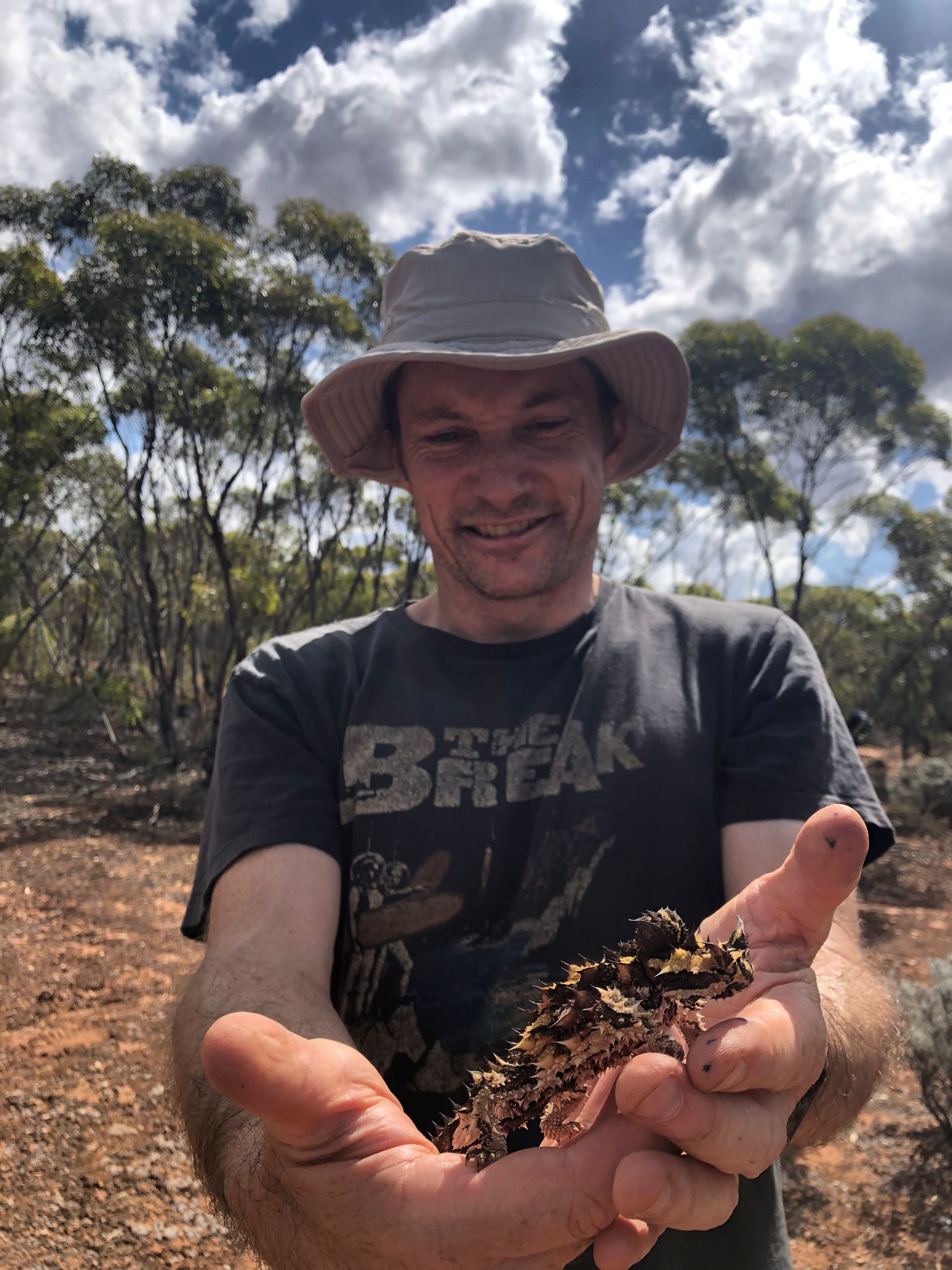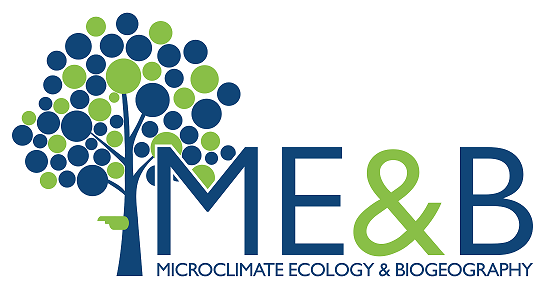Program
The conference program consists of invited keynote talks and sessions formed by presentations by the conference participants. In addition, the conference will organise also a conference excursion, a welcome event, a conference dinner and a workshop – read more below! Program details may be adjusted closer to the conference.
Below you can download the detailed program as PDF. The detailed program shows all talks and their time of presentation.

Conference excursion
Charter bus meeting point: Unioninkatu 34, Helsinki
Where to: Nuuksio National Park
When: Monday 26.8.2024 at 9:00-16:00
The excursion is organised to Nuuksio National Park, which is located c. 30 km northeast of Helsinki. The excursion includes direct transport from Helsinki to Nuuksio and lunch at the local visitor centre, Haltia. The excursion requires registration and is an additional cost (not included in conference ticket).
The excursion takes seven hours by bus, with four hours spent exploring the park on foot, covering a distance of around six kilometres. Proper shoes and warm clothing are advisable for the outing.
Nuuksio National Park boasts a diverse ecology and rugged terrain, with over 80 lakes and ponds scattered amidst forests, lakes, and wetlands, providing habitats for various boreal species. The landscape is dominated by coniferous and mixed forests, including Scotch pine, Norway spruce, silver birch, downy birch, and Eurasian aspen.
The terrain of Nuuksio National Park features rocky hills sparsely covered with vegetation, while valleys contain wetlands and water bodies, contributing to its ecological diversity. Nuuksio’s microclimate varies due to topographical and forest pattern differences, resulting in cooler and moister conditions in deep rocky gorges during inversions, while the highest hills experience warmer temperatures.
The mean annual temperature in the park is 6.0°C, with a precipitation sum of 790 mm. In January, the average temperature drops to -3.9°C, while in July, it rises to 17.0°C. The park’s highest recorded temperature was 32.9°C, with the lowest recorded temperature being -27.5°C.
As a specialty, the forests of the park host one of Finland’s densest populations of Siberian flying squirrels, with nearly 200 habitat patches in the region.
More information: Nuuksio National Park
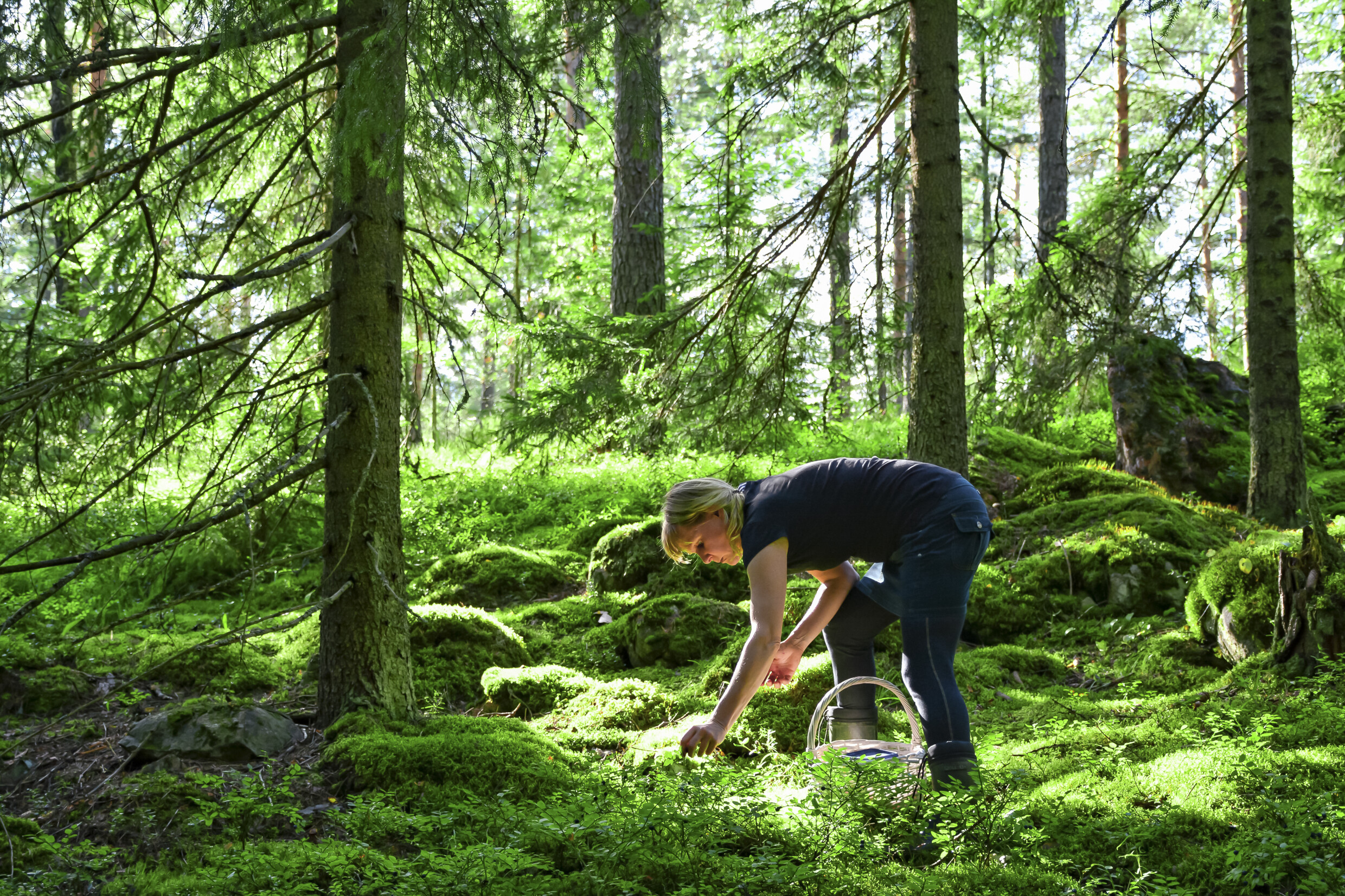
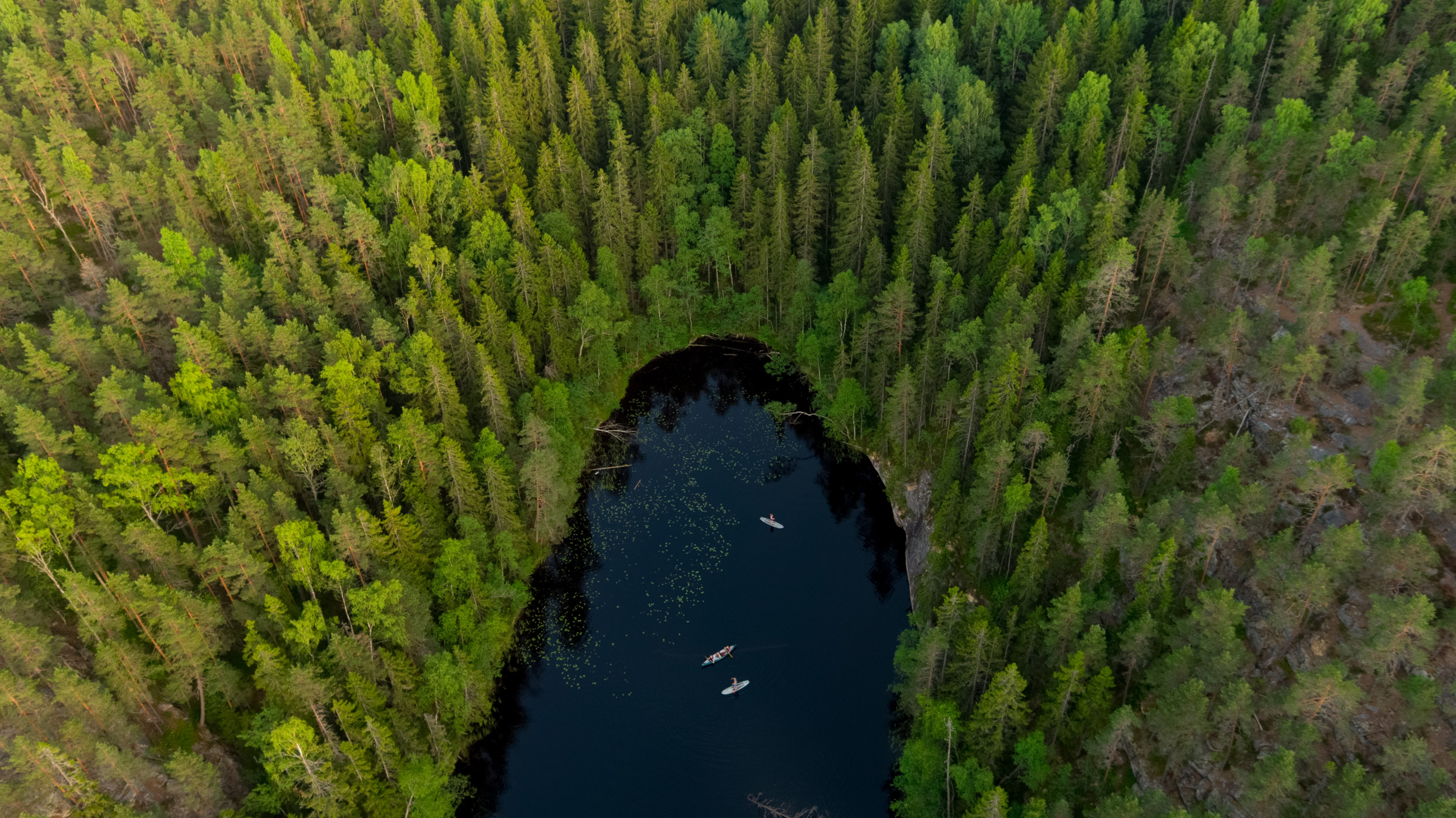
Photos by Natura Viva / Helsinki Partners / Visit Finland
Welcome event
Where: Helsinki City Hall, Pohjoisesplanadi 11-13, Helsinki
When: Monday 26.8.2024 at 18:30-19:30
The welcome event hosted by the city of Helsinki at the historic Helsinki City Hall. The event includes welcome words by the city’s representative, light snacks and drinks. The welcome event requires registration and is free. The welcome event has limited capacities and places are given on the first come first served basis. Walking from the conference venue to the Helsinki City Hall takes c. 5 min.
More information: Helsinki City Hall
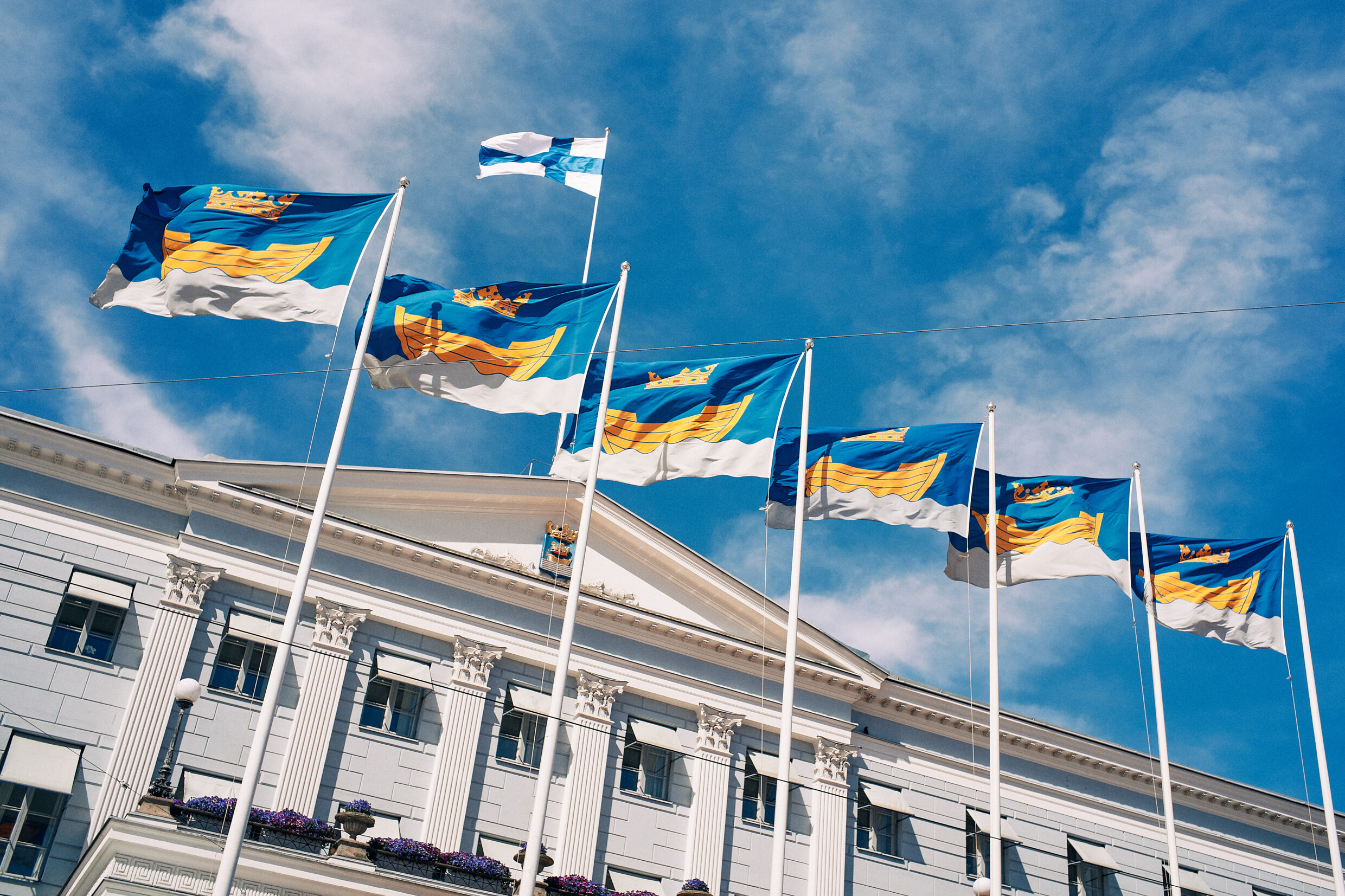
Photo by Jussi Hellsten / Helsinki Partners
Conference dinner
Where: Mestaritalli restaurant, Merikannontie 6, Helsinki
When: Wednesday 28.8.2024 at 19:00 onwards
The conference dinner is all about enjoying good conversations and a nice dinner in a relaxed atmosphere. The conference dinner requires registration and is an additional cost (not included in conference ticket). The dinner has limited capacities and places are given on the first come first served basis. Public transport from the conference venue to the restaurant takes c. 30 min.
More information: Mestaritalli
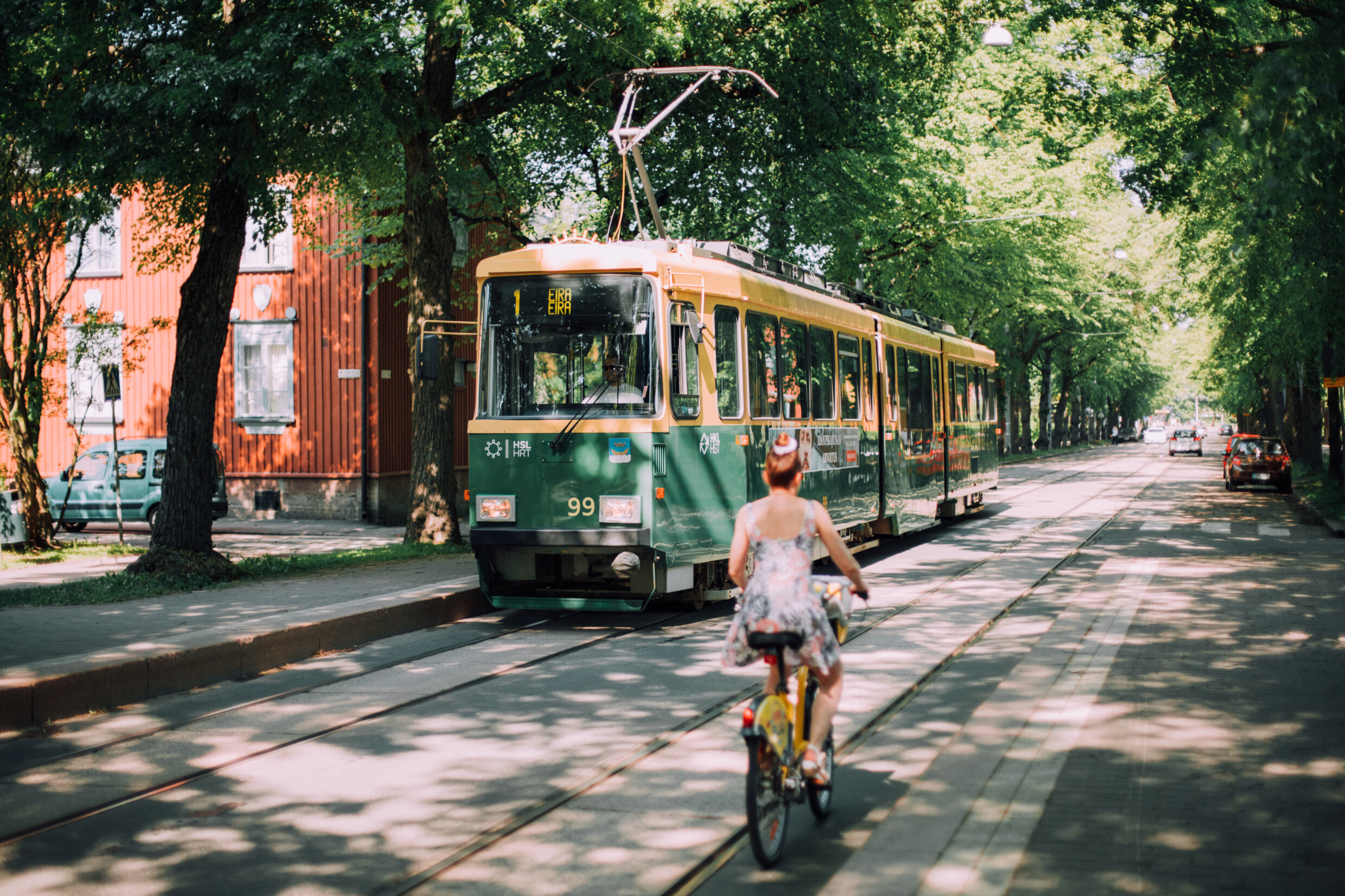
Photo by Julia Kivelä / Helsinki Partners
Awards for best poster and talk
Where: The main building of the University of Helsinki
When: Thursday 29.8.2024 at 12:30-13:00
How: Sign up here as a candidate. Voting for the best poster and talk here.
The awards for best poster and talk by early career researchers will be given on the last conference day. Use the link above to sign up as a candidate. The conference participants will vote for the best poster and talk.
MEB2024 thanks the two ecological society-owned journals for supporting the conference by sponsoring the prizes:
– Best poster prize by Ecography owned by the Nordic Society Oikos
– Best talk prize by Journal of Applied Ecology owned by the British Ecological Society
More information about benefits of publishing in society-owned scientific journals: Chytrý et al. 2023 Applied Vegetation Science
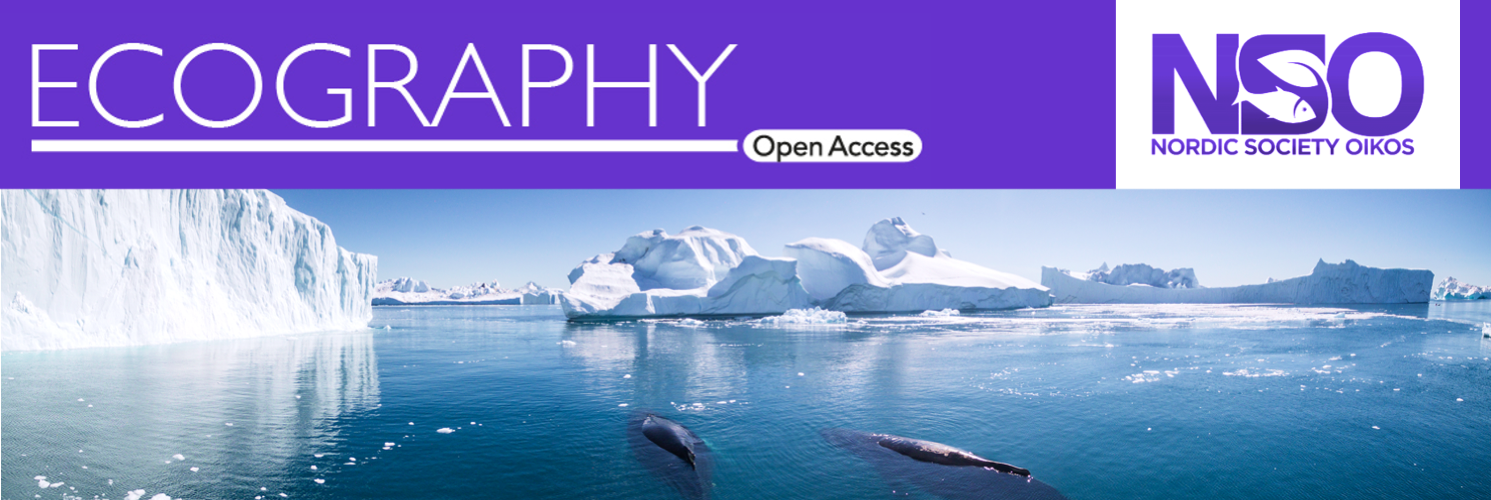

Workshop
Where: The main building of the University of Helsinki
When: Thursday 29.8.2024 at 14:00-18:00
The workshop is given by our keynote speaker Michael Kearney (University of Melbourne) and the title of the workshop is “Modelling microclimates (and ectotherms) with NicheMapR”. The workshop requires registration and is free.
Mechanistic niche modelling is a growing area of ecology that applies physical principles of energy and mass balance to organisms and their microclimates to understand where they can persist. Mechanistic niche models can be used to understand environmental constraints on microhabitat use and behaviour, life histories and life cycles, and ultimately, species distribution and abundance. They are particularly important for predicting species’ responses to novel environmental changes, including climate change.
This session will provide an overview of the core concepts of mechanistic niche modelling and then will focus on how the R package NicheMapR can be used to identify how climate constrains the distribution of animals in a process-explicit way. Using pre-developed shiny apps, we will first introduce microclimate modelling and then apply microclimate model outputs to ectothermic animals and plant leaves to show examples of how to solve heat and water budgets. The session will use a series of introductions to theoretical principles behind estimations, demonstrations of the package via R Shiny apps, and R code (provided) to teach participants basic ideas and how to get started with the approach.
14.00-14:30 Brief introduction of mechanistic niche models used in ecology with an overview of the models within NichMapR package
14.30-15:00: Demonstration of the microclimate model apps to explain different parts of the model (basic soil temperature, radiation environments, and air/wind/relative humidity profiles, soil moisture, and snow)
15:00-15:15: Break
15:15-16.15: Use shiny apps and work in the R environment – troubleshoot any set-up errors for NicheMapR within the RStudio environment (we request this is done prior to the workshop). Here we will have a competition for those working to find the highest and lowest soil surface temperature situations to familiarise themselves with the microclimate output.
16.15-16:45: Ectotherm model overview – brief demonstration of the shiny app.
16.45-17.00: Break
17.00-18.00: Working with R and individual data – allow people to work with their data, and we help troubleshoot. For those interested, we will discuss using microclimate grids and how to run data across a grid to produce a map (and possibly show how to use Ilya Maclean’s package microclima – he may be able to show interested people during this time).
